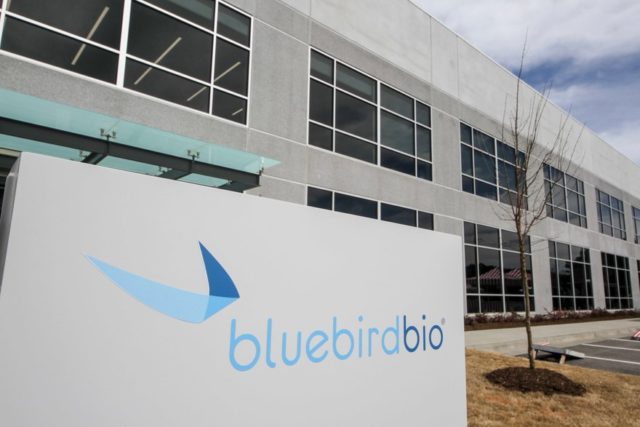
The rollout of bluebird bio’s blood disease gene therapy Zynteglo is off to a rough start—to say the least.
After resolving a manufacturing-related setback and overcoming another delay caused by COVID-19, the Massachusetts biotech has failed to reach a reimbursement deal with authorities in Germany, its first launch country, the company said Tuesday.
With one European market now out of reach, bluebird is downsizing and plans to “reduce and reshape” its workforce in the region. A bluebird spokesperson declined to provide specifics, only saying that the plan involves letting go of an unspecified number of employees.
The setback in Germany isn’t the only driving factor behind the job cut. “[W]e have faced challenges over the last year that have resulted in the difficult decision to reduce our workforce and say goodbye to some valued bluebirds,” Andrew Obenshain, bluebird’s president of severe genetic diseases, said in a statement.
In a strategy that many other companies have followed for European drug launches, bluebird targeted Germany for Zynteglo’s first commercial rollout in beta-thalassemia.
Now, the company says the reimbursement price German health authorities proposed didn’t reflect the potential lifelong benefits of Zynteglo as a one-time therapy for a severe genetic disease. Therefore, it has decided to withdraw the drug from the German market.
While bluebird continues to have “productive negotiations” with other European countries, it has decided to cut staffers to “focus on priority European markets,” the company said. The company will also channel some resources to R&D to advance its late-stage gene therapy programs.
Germany is a relatively small market for beta-thalassemia with few patients, and discontinuation of sales there has a “negligible impact on the overall opportunity,” SVB Leerink analyst Mani Foroohar said in a Tuesday note. Instead, the disease is more prevalent in Italy and Greece, and “maintaining pricing that reflects the value of Zynteglo in these geographies will be crucial to realizing long-term sales projections and protecting the market positioning for the sickle cell indication,” he added.
RELATED: Bluebird Bio hits pause on rollout for ill-fated gene therapy Zynteglo as trial flags 2 cancer cases
Zynteglo earned its EU go-ahead in early 2019. After working out a commercial drug specification problem with the European Medicines Agency, bluebird had originally planned for a launch in early 2020. But then the pandemic derailed that plan.
Just as marketing had finally kicked off earlier this year, bluebird encountered another setback in February. Two blood cancer cases—one of acute myeloid leukemia (AML) and the other of myelodysplastic syndrome (MDS)—in a phase 1/2 trial of the gene therapy in sickle cell disease forced the company on its heels.
Bluebird launched an investigation that returned positive news last month. The company found that the AML case was unlikely caused by the lentivirus vector used to carry the gene therapy. Instead, the patient bears some well-known genetic mutations and chromosomal defects commonly seen in AML.
RELATED: Bluebird finds gene therapy ‘very unlikely’ to have caused AML, plans to restart clinical trials
And on Tuesday, bluebird said the MDS case diagnosis has been revised to transfusion-dependent anemia.
With those mysteries seemingly cleared up, bluebird now believes it has enough information to convince regulators to lift the clinical holds on the sickle cell disease studies—including a phase 3 trial. It expects those restrictions to be lifted in mid-2021.
But even if the drug is exonerated, it’ll still face an uphill fight with regulators and on the market, RBC Capital Markets analyst Luca Issi wrote in a March note. The FDA will likely take a cautionary stand with the gene therapy, a sickle cell disease expert told RBC analysts. After the event, the expert said he’ll use gene therapy initially in about 3% to 5% of sickle cell disease patients, instead of the around 5% to 10% he had originally planned.





